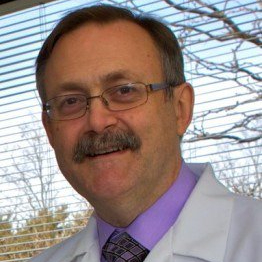Substance Use Disorder (SUD) Prescription Drug Abuse and the Opioid Epidemic
This course was created and provided by the Virtual Center of Excellence (VCE), a former project of the Detroit Wayne Integrated Health Network (DWIHN). Content and format will be updated in the near future to address current accessibility standards. If you are unable to access the content in this section, please contact the imp support team for assistance.
This course will inform how to distinguish among a pain diagnosis, a substance use disorder, or co-occurring substance use and pain disorder, as well as identify the medical treatments available for prescription drug addiction. This would be appropriate for NBCC, QMHP.
The Opioid Crisis
This course will provide the participants with a high-level overview of the current opioid crisis in the United States. This will include information about co-occurring disorders and the potential warning signs that direct care workers may face with their clients.
Substance Use Disorders within Pain Diagnosis
This course has been designed to assist those direct care workers in furthering their understanding of prescription drug addiction within the larger framework of Substance Use Disorder (SUD). This course provides information to help those direct care workers determine if their clients that are complaining of pain are also seeking prescription drugs to fuel their addiction. This course will include best practices for working with these clients to determine the actual need for prescription pain medication.
Medical Treatments Available for Perscription Drug Addiction.
This course will provide its participants with additional services and evidence-based best practices for developing a medical treatment plan for those clients with a SUD. This may include a specific pain treatment plan, detox, or other tactics that best suit your clients' specific needs.
"On average, 130 Americans die every day from an opioid overdose." - CDC
- Gain the ability to distinguish among pain diagnosis a substance use disorder (SUD).
- Identify potential medical treatments for prescription and opioid drug addiction.

Carl Christensen
MD, PhD, FASAM
Carl Christensen is an Associate Professor in the Departments of Psychiatry and OB Gyn at the Detroit Medical Center/WSU School of Medicine. He is the Medical Director for Addiction Medicine Services at the DMC. He is the current President of the Michigan Society of Addiction Medicine. He is Board Certified in OB Gyn, Gyn Oncology, and Addiction Medicine.
He specializes in the treatment of addiction during pregnancy, treatment of addiction and chronic pain, and addicted physicians, nurses and pharmacists. He is the current Chairman of the Michigan Health Professional Recovery Committee, which oversees the Mich Health Professional Recovery Program.
He has also worked with the DEA, the FBI, the US Attorney’s office, BCBS, and the State Attorney General's office, providing consultations on physicians who may be diverting or dangerously prescribing drugs.
Course Progress
Course Content
This content is unavailable
Enroll in the course to access
What People Are Saying
It was easy to use. I liked the fact that I could listen to the narrator instead of reading all the information myself."

